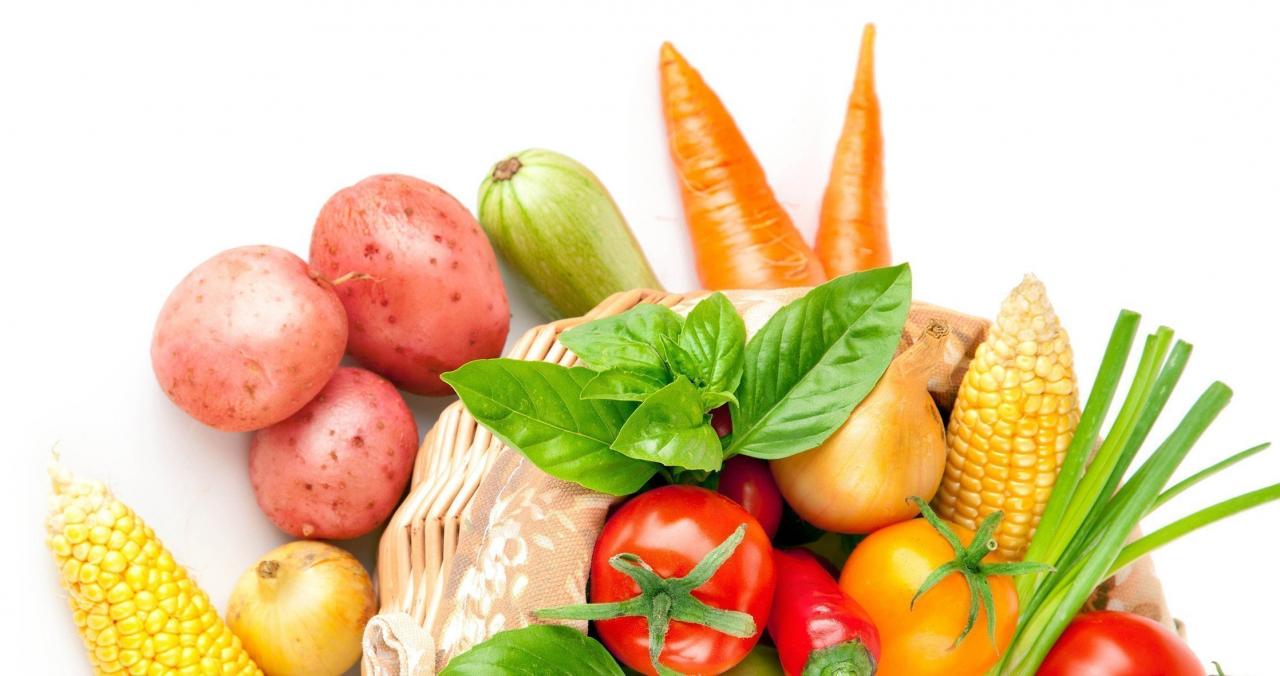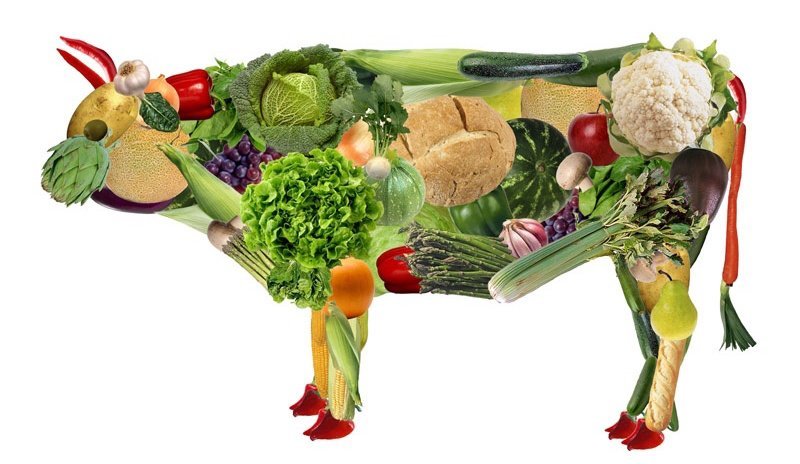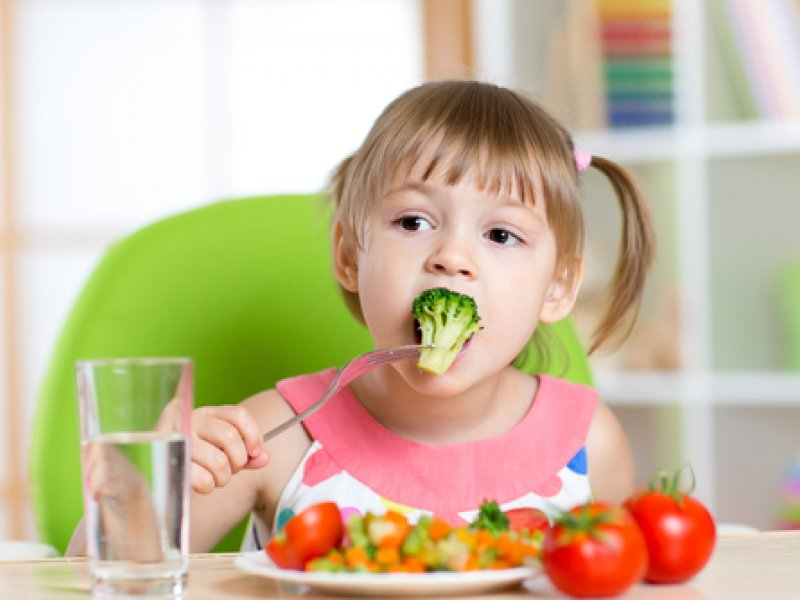According to the official opinion of the Brazilian Vegetarian Society (SVB), the adoption of vegetarianism, including strict (which does not consume any derivatives of animal origin) it is a healthy practice even for children, when planned or prescribed by health professionals.
The main care for vegetarian children endorsed by the SVB, you can check below:
1) Do not substitute breast milk for homemade vegetable milk.
If it is possible to use breast milk, SVB advises that the vegetarian baby receive industrialized formulas, replacing breast milk. For vegan families, the protein source must be other than cow’s milk, already available on the Brazilian market. This ensures an adequate supply of macro and micronutrients, as they are designed according to children’s needs and based on the Codex Alimentarius.
2) Do not stop breastfeeding before 6 months of age.
The SVB’s guidance is that exclusive breastfeeding should be maintained until 6 months of age and that it should be continued until at least 2 years of age (together with foods offered after 6 months of age), as guided by recognized pediatric entities in Brazil and worldwide
3) Do not maintain exclusive breastfeeding for a long time.
ASVB advises that the vegetarian baby’s food introduction occur in the same period recommended for omnivores: from 6 months of life onwards.
4) Do not over-restrict your intake of good quality fat.
The SVB advises that there should be no restriction of quality fat-source foods (omega-3, 6 and 9, but with less omega-6) in the diet of children up to 2 years of age, in order to optimize the energy supply and supply of essential fatty acids. There should always be an offer of omega-3 (flaxseed, chia, nuts) or the use of DHA from algae, a product already available on the Brazilian market. The proportions of fat in the diet should be guided by a nutritionist or pediatrician during childcare practice.

5) Assembly of the plate: 1/3 of the volume of cereals, 1/3 of legumes and 1/3 of vegetables
In addition, omega-3 source food, such as flaxseed oil or chia, must be added to the mixture, which may or may not be mixed with olive oil, according to the evaluation of the pediatrician or nutritionist accompanying the baby.
6) Do not neglect the use of vitamin B12.
The recommendation is that vitamin B12 should always be prescribed to children in doses equal to or greater than those recommended by DRIs, according to the pediatric evaluation of the mother and baby since the beginning of the food introduction.
7) Pay attention to the baby’s calcium and zinc needs.
SVB advises the professional who accompanies the vegetarian to be guided by the quantities recommended by the DRIs and to add the products used in the diet so that the dietary calcium reaches the recommended values for each age
8) Attend to the needs of other nutrients that the omnivore needs to supplement





